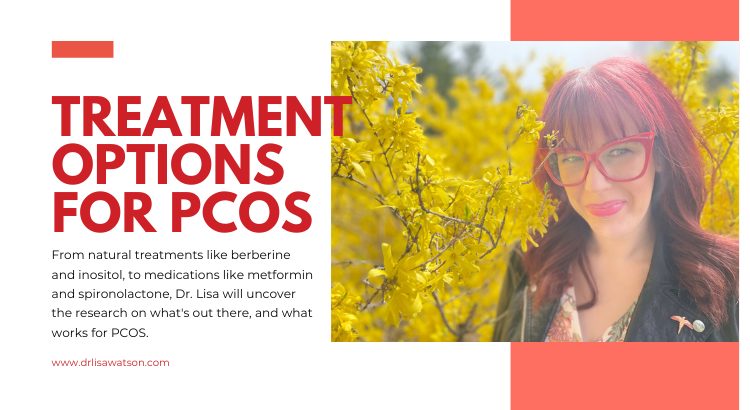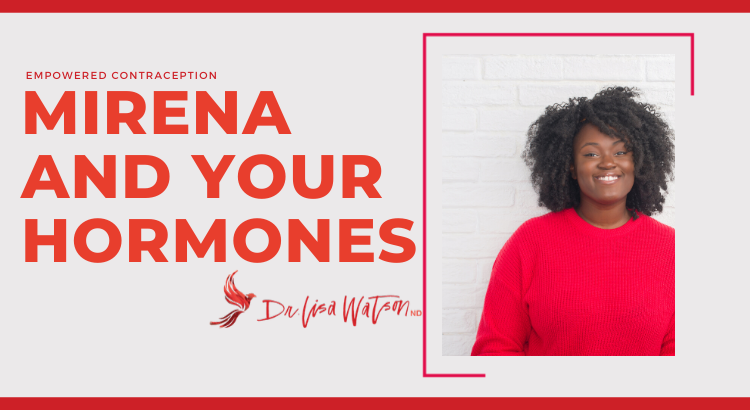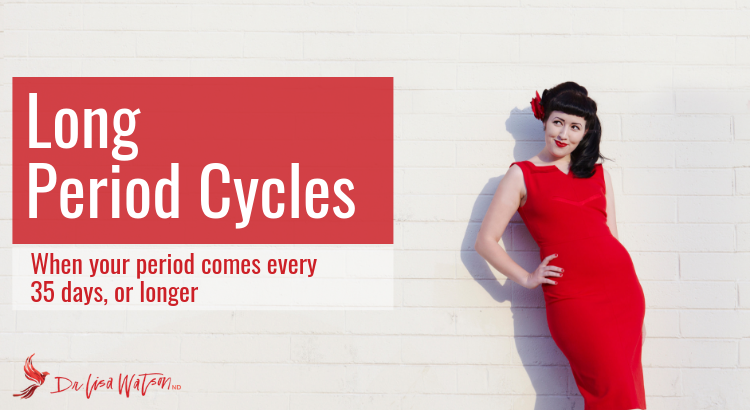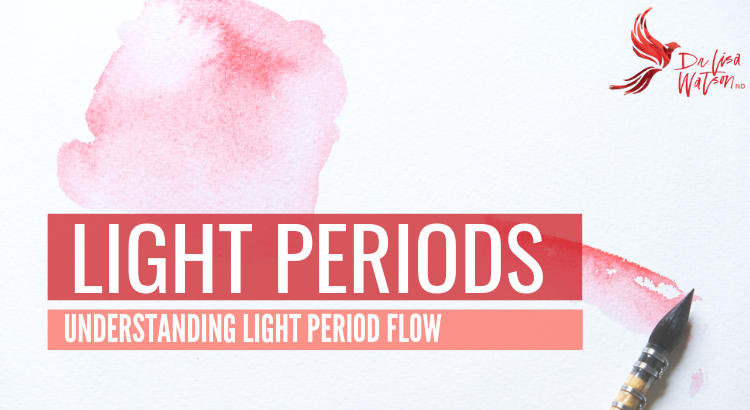Every year more and more research is being done to help us understand the underlying causes, and potential treatments for…
Perfect Periods
Hashimoto’s and other forms of hypothyroidism can seriously mess up your periods. It’s not enough that you’re tired and depressed…
We’ve talked before about issues with birth control pills, and I’ll admit that while they are one of the oldest…
As women our period comes every month (ideally!) from our teens into our 50s. And yet many of us have NO IDEA what is really happening. Well, we understand the basics. But when something goes wrong, it’s a mystery to most of us!
Long period cycles are cycles that last longer than 35 days, but less than three months. After 3 months without a period, you will be diagnosed with secondary amenorrhea (if you previously had regular cycles).
While most of us think of a “normal” cycle being 28 days, the average monthly cycle, the time from the start of one period to the start of the next, is between 24 and 35 days. So for some normal women, this means that they may have a period every 24 days – and it is still totally normal.
While many women would be thrilled to have light periods, it can be concerning for women when they have previously had “normal” flow.
The most common cause of heavy periods is your hormones. And heavy periods are more likely during times of hormonal flux, such as perimenopause and during our teens.
Adenomyosis is a condition that is very similar to endometriosis. Unlike endometriosis, in most cases of adenomyosis, the endometrial cells that are out of place are not functional – they don’t respond to the hormones of our menstrual cycle and go through the paces of shedding blood each month.
Once a diagnosis of endometriosis is made many women are given a staging level for their endo. The American Society for Reproductive Medicine classification is based on a point system that stages endometriosis from I to IV.











